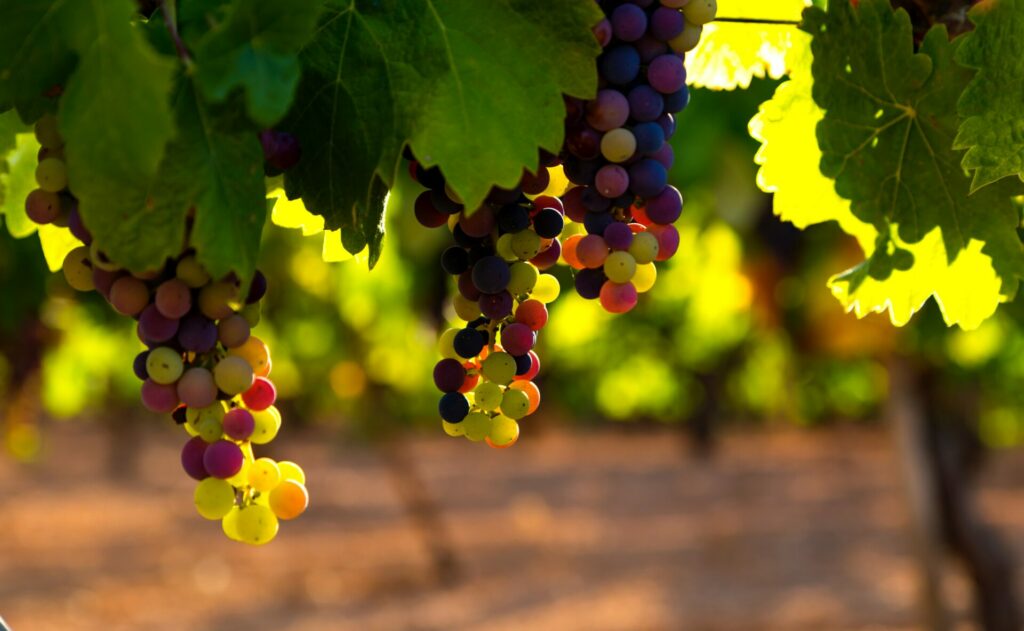Climate change has disrupted traditional methods of winemaking and has seen production in Belgium quadruple in the last 10 years. The change in the weather now makes Belgium a genuine 'wine country'.
“Today we have many more hours of sunshine than in the past,” Lodewijk Waes, chairman of the non-profit organisation Belgian Wine Growers, told De Morgen. “As a result, the grapes are of higher quality and winegrowers can make different types of wine.”
Rising temperatures and more sunshine have resulted in a better quality of wine, boosting both demand and production. 229,000 litres of wine were made in Belgium in 2012. In 2021, that figure rocketed to 1,350,000 with vineyards in the country now occupying 695 hectares, up from 153 in 2012.
Most of the wine produced is sold on the domestic market but Waes reported an increase in interest in wine made in traditionally colder countries.
Trouble brewing for Southern winemakers
As wine production moves north, conditions in southern Europe are becoming increasingly difficult. “The heat makes it difficult in Spain and the south of France to grow grapes in a normal way. High temperatures result in a sugar explosion and alcohol percentages of 15 or 16%," explained Waes. “There are techniques to reduce that percentage, but that also lowers the quality. You often get heavy, plump wines.”
Yet Belgium has its own challenges when it comes to making wine. “We are confronted with extremes,” Waes said. “For the past five years, we have been plagued by spring frosts almost every year. That was not the case before.”
Despite the extreme temperature fluctuations, winemakers haven't been put off and the number of wines produced each year keeps rising.

